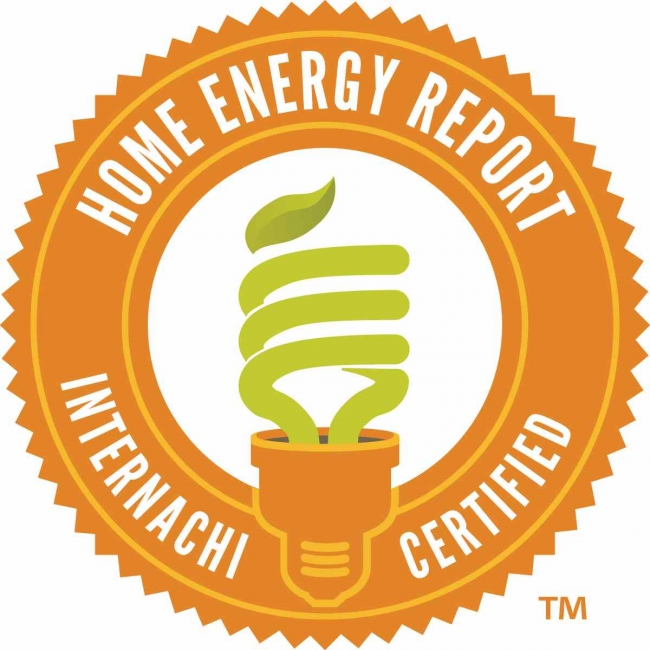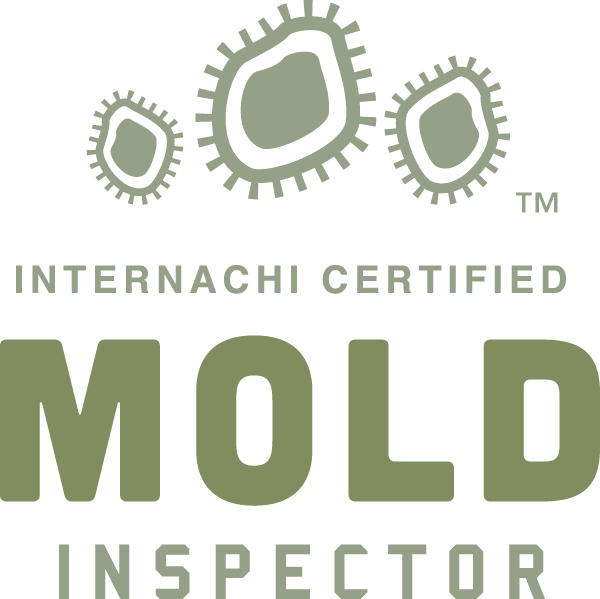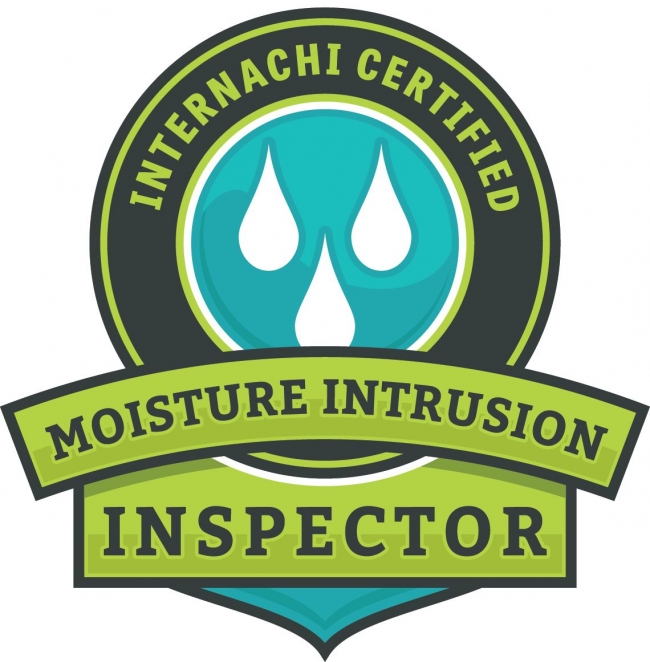What is a GFCI Outlet?
A ground fault circuit interrupter (GFCI) is a protective device specifically designed to break the circuit (trip) every time there is an current imbalance between incoming and outgoing current.
The GFCI outlet protects electrical wiring and receptacles & significantly minimizes the risk of shock injuries and fatal burns. GFCIs also detects ground faults and disrupts the flow of current (by tripping) but should not be used to replace a fuse as it does not offer protection against short circuits and overloading.
Where are GFCI Receptacles Needed?
GFCI outlets are recommended (& sometimes required by code depending upon the age of construction) near water. It’s a good idea to install GFCI outlets in your kitchen, bathrooms, laundry rooms, exterior outlets/receptacles, pool house etc.
Apart from being an essential preventive measure / safety device, the law also requires you to have GFCI outlets installed throughout your home. According to National Electric Code (NEC), all homes must be equipped with GFCI protection to maintain current electrical safety standards.
.
What should I do when a GFCI outlet trips?
This usually isn’t a “call an electrician” moment but it does have the potential to be. When a GFCI trips, there is usually a reset button on the receptacle itself or there is one upstream (for example, sometimes all bathroom outlets are GFCI protected with one single reset button), or it could be that your GFCI protection is provided by a breaker in your service panel. You should try to reset the GFCI. If it doesn’t reset, the GFCI could be defective / damaged & in need of replacement. It’s also possible that the GFCI is doing it’s job still & will not reset until the source of the current imbalance is removed.
Self-Testing Your Ground Fault Circuit Interrupter
It is recommended that GFCI outlet should be tested every month and replaced every decade (expected service life). You can follow these simple steps to test if the circuit interrupter is working properly:
The face of the GFCI outlet features two small buttons that are labeled test & reset. Simply press the test button & this should trigger a “snap” like sound, which indicates that the outlet has been successfully tripped.
Once the power trips, you can check the efficiency of the GFCI unit using a voltage meter or a receptacle tester.
Now plug in a device into the outlet and when it stops working, press the test button so you can be sure of the safety mechanism.
Once you know the CFGI outlet is working at peak efficiency, you can press the reset button and the circuit interrupter will be turned on once again.
These DIY instructions may be easy-to-follow, they do require the knowledge of the general functioning of your home’s electrical system. It is always recommended to hire a certified / licensed / insured electrician who can ensure that your electrical system is in compliance with relevant codes so your home & the occupants remain protected.












